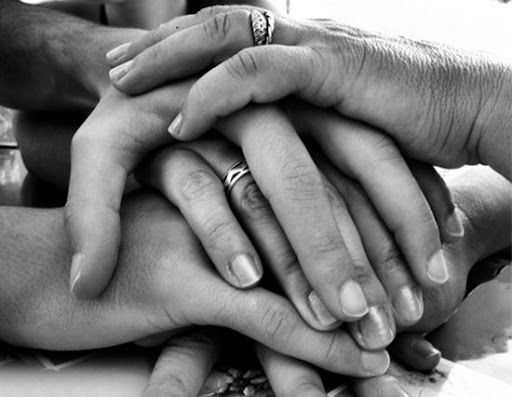The Spirits’ Teachings
Duty
Duty is an individual’s moral obligation, first toward him or herself and toward others immediately thereafter. Duty is the law of life; it is found in the smallest details as well as in the most elevated acts. I want to speak here only about moral duty and not the type imposed by the professions.
In the order of sentiments, duty is very difficult to fulfill because it is contrary to the seductions of self-interest and the heart. Its victories have no witnesses and its failures undergo no repression. People’s inner duty is left to their free will. The sting of conscience – that guardian of inner rectitude – warns and upholds them, but it is held back, often powerless before the sophistry of passion. When faithfully obeyed, the duty of the heart uplifts people; but how is such a duty determined? Where does it begin? Where does it end? Duty begins precisely at the point in which you threaten your neighbor’s happiness or peace-of-mind; it ends at the limit you would not want to see surpassed regarding yourselves.
God created all humans equal regarding pain. Small or great, ignorant or educated, they all suffer for the same reasons so that each may judiciously determine the evil he or she might do. The same criterion, however, does not exist regarding the good, which is infinitely more varied in its expressions. Equality in the face of pain is a sublime provision by God, who wishes that all his children, taught by common experience, would not commit evil alleging ignorance of its effects.
Duty is the practical summary of all moral speculation; it is the courage of the soul who confronts the distress of life’s struggles; it is both strict and yielding; ready to adapt itself to diverse complications; it remains unbending before temptation. Persons who fulfill their duty love God more than they love other individuals, and they love others more than they love themselves; they are at the same time judge and slave in their own cause.
Duty is the most beautiful laurel of reason, and depends on it like a child depends on its mother. Humans should love duty, not because it preserves them against life’s evils – humankind cannot avoid those – but because it provides the soul with the strength it needs for its development.
Duty grows and radiates under a more elevated form at each of the higher stages of humanity. Individuals’ moral obligation toward God never ceases; they should reflect the virtues of the Eternal One, who does not accept an imperfect sketch, because he wants the beauty of his work to be resplendent before him.
Lazare (Paris, 1863)
